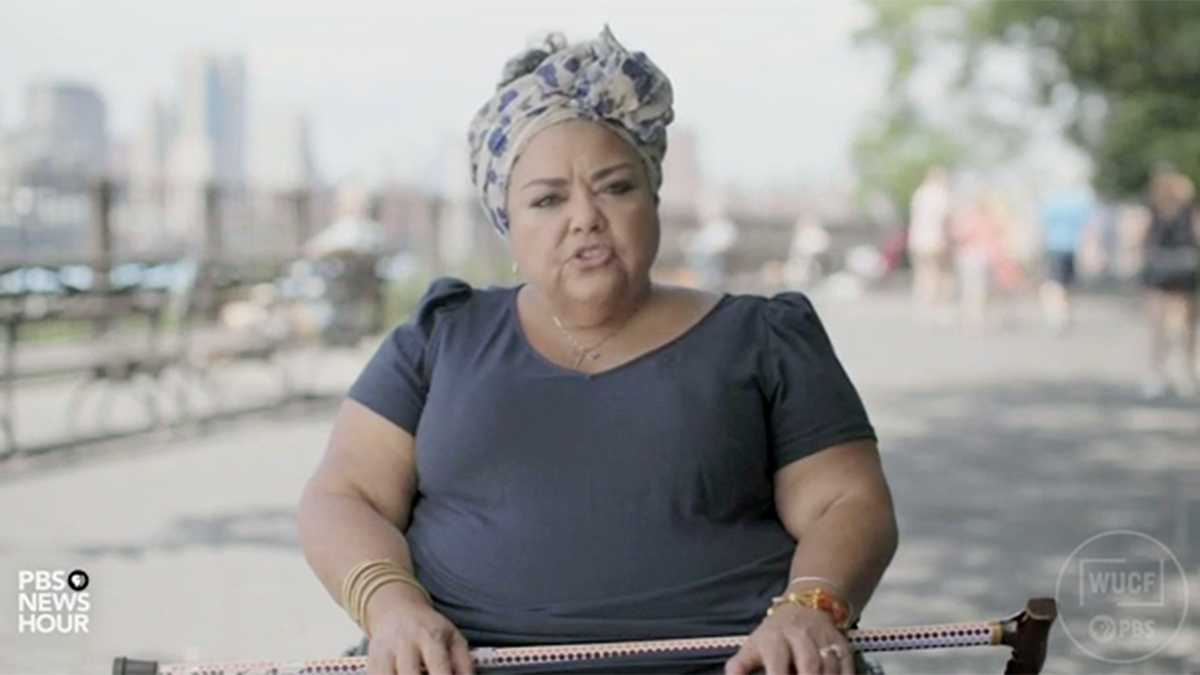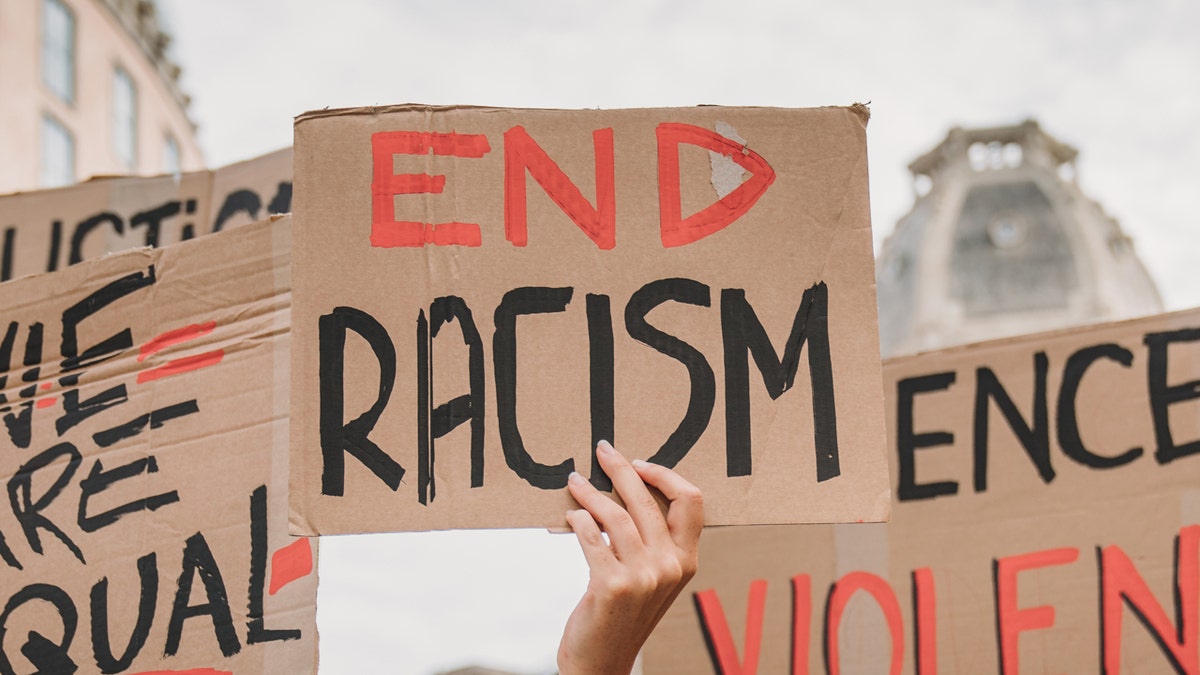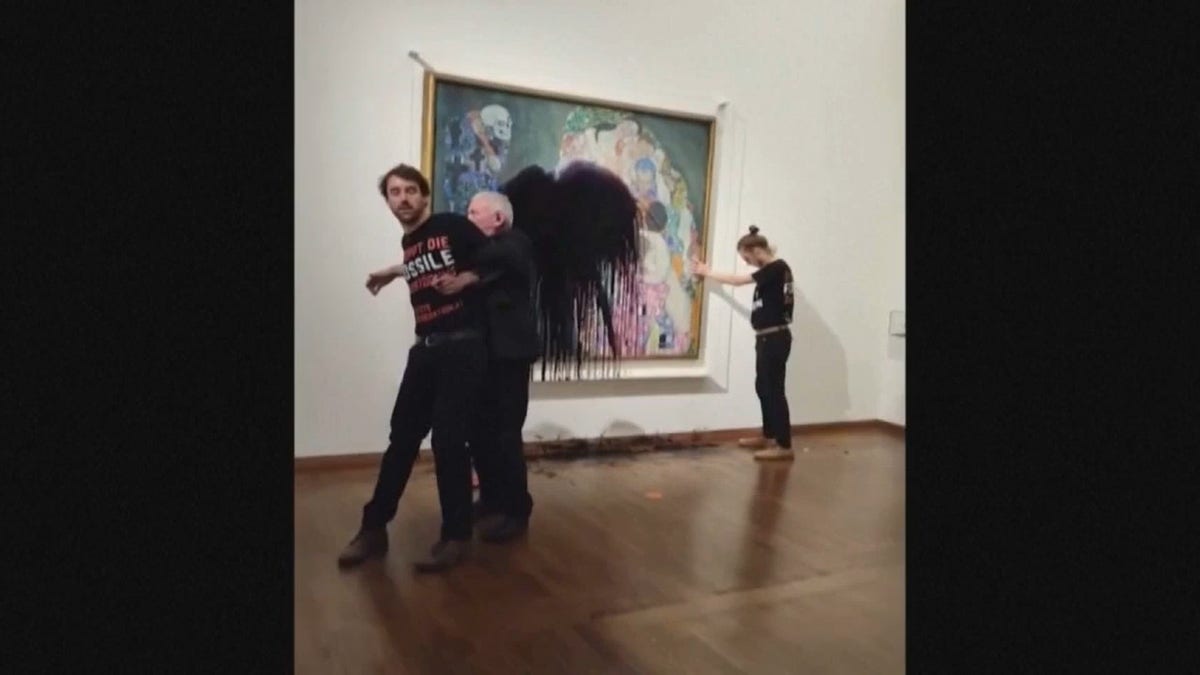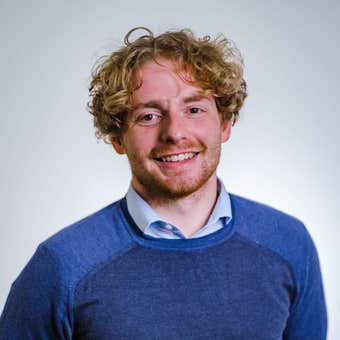'Climate racism' hurting minorities, taxpayer-funded outlet claims: ‘So important to hear that’
"PBS NewsHour" devoted airtime to climate justice activist Elizabeth Yeampierre, who claimed Tuesday that "environmental racism" harms minority communities.
On Tuesday evening, PBS NewsHour devoted airtime to climate justice activist Elizabeth Yeampierre, who claimed that "environmental racism" harms minority communities.
Yeampierre claimed that Black and indigenous people tend to live in less eco-conscious and green communities due to their history of being colonized and oppressed and are therefore disproportionately affected by climate change.
The short segment opened with Yeampierre explaining environmental racism’s effect on her own family. She said, "You grow up in a family that has asthma, upper respiratory disease, living in the midst of spaces where there are brown fields, lead paint, and the kinds of emissions that harm our community, as descendants of colonialism and extraction and enslavement, we particularly susceptible to toxic exposure."

Climate justice activist Elizabeth Yeampierre tells PBS Newshour about "environmental racism." (Screenshot/PBS)
Yeampierre then spoke of a mother she knew who lived under an expressway with her children, saying that the mother would "get up in the middle of the night to see if her children were still breathing." The activist provided her takeaway from that story, saying, "And I realized that if we couldn't breathe, we couldn't fight for justice. That literally there wasn't anything more fundamental than the right to breathe."
She defined "environmental justice" for PBS audiences, claiming it’s the "disparate setting of environmental burdens in low-income communities and communities of color. All we need to do is look at Hurricane Katrina, Hurricane Maria, Hurricane Andrew and you know who was impacted most."
Yeampierre clarified the injustice at the heart of this suffering for communities of color, stating, "Literally the people least responsible for creating climate change, Black, indigenous, people of color, people who have historically always lived within their carbon footprint. Those are the communities most devastated and impacted by climate change."
PERMANENT DAYLIGHT SAVING TIME MAY BE HARMFUL TO OUR HEALTH, EXPERTS SAY

A sign protesting racism in America. (iStock)
The activist subsequently spoke to the resilience of those communities’ enslaved ancestors, saying, "I think if our ancestors had thought that everything was hopeless when they were in shackles, when they would be brutally beaten, we wouldn’t be here right now."
She advised younger generations fighting for climate justice to look to their example, stating, "And so I tell young people to get lessons from their ancestors and remember that we are supposed to be fighting, building beyond this moment of crisis right now."
Yeampierre added, "When you do this work, you know, the people that you love that have been toiling under the worst circumstances for generations, aren’t at those tables that we’re at. And so we bring that narrative with us. We bring that personal story with us."

Climate protesters dumped black liquid on the Gustav Klimt "Death and Life" painting displayed in a Vienna museum Tuesday. (Letzte Generation Österreich)
CLICK HERE TO GET THE FOX NEWS APP
The activist concluded on a self-aggrandizing note: "My name is Elizabeth Yeampierre, and this is my brief, but spectacular take on climate justice."
"PBS NewsHour" anchor Judy Woodruff closed out the segment, remarking, "So important to hear that perspective."











































